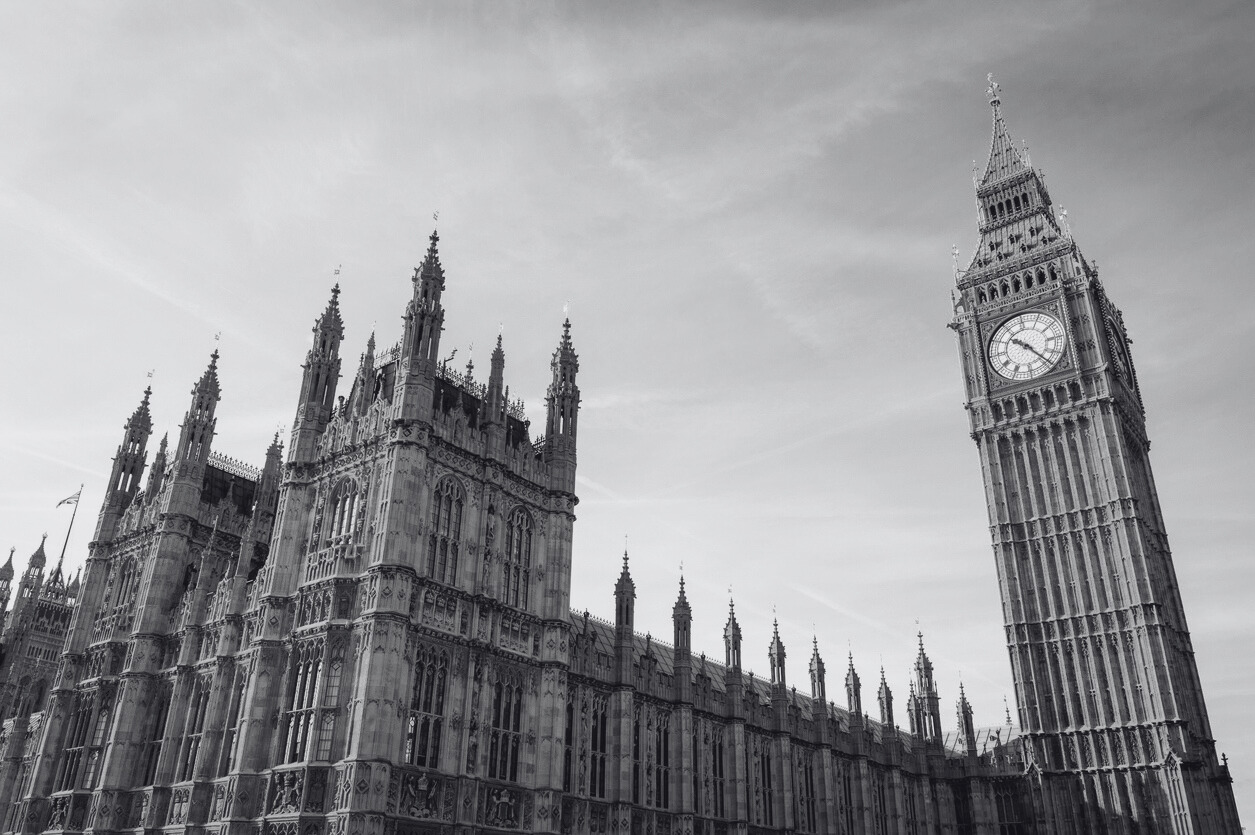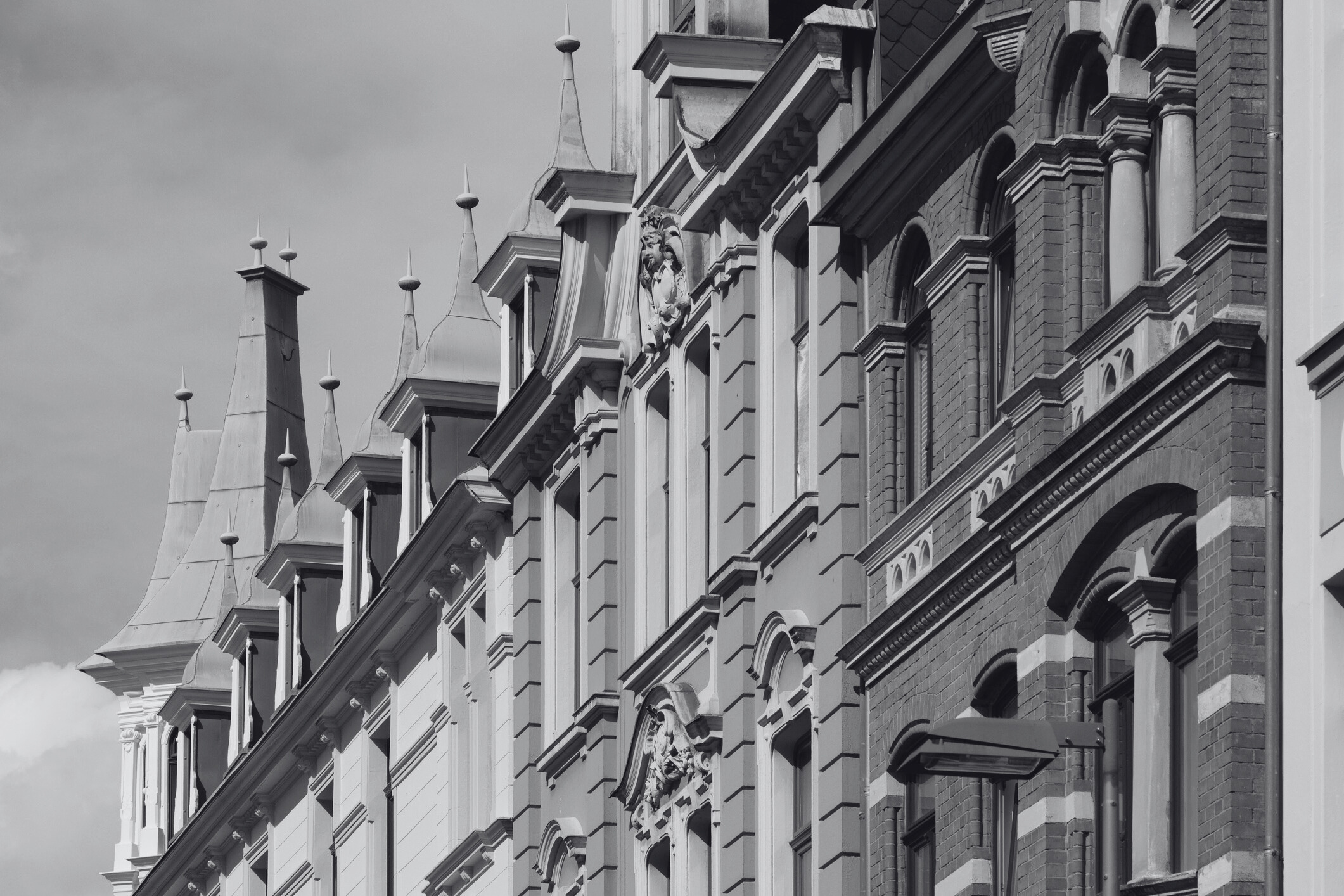Parliamentary privilege is a long-standing constitutional principle that seeks to protect the functioning of Parliament. It grants MPs and peers (amongst others) the freedom to ‘speak’ openly in the course of their duties, without fear of legal consequences. As such, it plays a critical role in the separation of powers, safeguarding Parliament from interference by the judiciary or executive.
The principle has recently come under the scrutiny of the courts in an unexpected manner, as highlighted by a legal challenge to the Government’s imposition of VAT on private school fees. This article considers the interesting deliberation of the High Court.
What Is Parliamentary Privilege?
Parliamentary privilege can be defined as the –
“Sum of certain rights enjoyed by each House collectively as a constituent part of the High Court of Parliament; and by Members of each House individually, without which they could not discharge their functions, and which exceed those possessed by other bodies or individuals. Some privileges rest solely on the law and custom of Parliament, while others have been defined by statute … The Speaker has ruled that parliamentary privilege is absolute.” (Erskine May, 24th ed., p.203)
A key aspect of privilege is freedom of speech, i.e. that participants in Parliamentary proceedings cannot be sued or charged with a criminal offence as a result of what they ‘say’ during these proceedings, as established by Article 9 of the Bill of Rights 1689 –
“… the freedom of speech and debates or proceedings in Parliament ought not to be impeached or questioned in any court or place out of Parliament.”
The aim of privilege is not to grant impunity, but, instead, to ensure that Parliament can function independently of external control.
VAT on Private School Fees and the Use of NAO Reports
The claimants in the case sought to refer to a National Audit Office (NAO) ‘value for money’ report on special educational needs as part of their evidence against the Government’s imposition of VAT on private school fees; the Speaker of the House of Commons (the Speaker) objected to its admission, claiming the report constituted parliamentary material and should therefore be inadmissible as evidence under the rules of Parliamentary privilege.
Amongst other things, the Speaker asserted that the admission of the report as evidence would be contrary to the principle of freedom of speech established by the Bill of Rights 1689. Essentially, because the intended use of the material was to establish facts that were in dispute, to allow the material as evidence would be to impeach or question the proceedings of Parliament.
The application of privilege to the oral communications of Members in the House is easy to comprehend. After all, the jeer-laden, partisan debates of the Commons are what most of us think of when we think of Parliamentary proceedings. The application of privilege to the subterraneous workings of the legislature, however, is a more complicated concept to grasp.
Does the Nao Report Fall Within the Scope of ‘Proceedings in Parliament’?
To be afforded the benefit of the Article 9 protection, the NAO report must have, firstly, been established as within the scope of ‘proceedings of Parliament.’ The Speaker put forward that the report did for four main reasons:
- Firstly, because the NAO is headed by the Comptroller and Auditor General, whose appointment and functions are provided for by the National Audit Act 1983 and whose work is done on behalf of the House of Commons and to assist it;
- Secondly, because of the NAO’s relationship with the Public Accounts Committee (PAC);
- Thirdly, because NAO reports are subject to the Parliamentary Papers Act 1840, which confers immunity on the publisher; and
- Fourthly, because relevant case law supported the argument.
This is, of course, not the first time the parameters of Parliamentary privilege have been tested in the courtroom.
Lord Pannick KC, for the Claimants, disagreed with the Speaker’s position, suggesting that NAO reports are regularly relied upon by the courts and that the facts of the matter meant the conclusions in the ostensibly supportive case law were not applicable to the scenario.
The court sided with the Speaker, concluding that the NAO report did indeed fall within the scope of proceedings of Parliament.
The relationship between the NAO and the PAC was central to the court’s reasoning.
The PAC plays a pivotal role in scrutinising government spending and, as such, performs an essential Parliamentary function. To do so, the PAC relies on expert assistance from the NAO and, more specifically, its ‘value for money’ reports. Given that these reports are often critical of individual Ministers or departmental conduct, the court felt that the usefulness of the NAO’s reporting would be substantially undermined if the authors of the reports feared legal liability.
Although, in this instance, the claimants were not seeking to impose any legal liability on the authors of the NAO report, to conclude that the report did not fall within the scope of ‘proceedings of Parliament’ would be to do away with the Article 9 protection entirely and set a dubious precedent.
Would Reliance on the Nao Report as Evidence ‘Impeach’ or ‘Question’ the Proceedings of Parliament?
As it was held that the report did indeed fall within the remit of Parliamentary proceedings, it was then to determine whether its admittance as evidence would be to ‘impeach’ or ‘question’ the proceedings of Parliament and therefore be inadmissible as evidence under the rules of Parliamentary privilege.
The court found this a more complex problem to grapple with. Whilst noting that it was plain to see why attaching the risk of civil or criminal liability to a NAO report could potentially undermine the candour of an author, the court considered it less immediately obvious that a factual disagreement with the contents of a report would have the same effect. In particular, with respect to bodies like the NAO, the court considered that ‘professionals’ working for such bodies would likely be familiar with reasoned disagreement with their professionally held opinions and should therefore not be dissuaded from speaking their mind in fear of being later disagreed with. The court struggled to see why reasoned disagreement with factual evidence should be construed as interfering with the functioning of Parliament.
In spite of this somewhat rebellious opinion, the court decided that authoritative precedent had already – quite clearly – determined the opposite, i.e. that ‘challenging the “veracity” of proceedings in Parliament included any challenge to the “accuracy” of things said as part of such proceedings.’ The NAO report could therefore not be admitted as evidence to establish contested facts as to do so would be to invite the other party or the court to question or impeach the accuracy of something ‘said’ in Parliament.
The court did note, however, that Parliamentary proceedings – such as NAO reports – will often provide a helpful resource in judicial proceedings, but only to the extent that the facts are agreed between the parties.
Final Thoughts
Although the court readily affirmed the NAO report as an important aspect of Parliamentary proceedings, the judgment appears more hesitant when it comes to endorsing the prevailing jurisprudence concerning factual disputes with the report’s contents.
The judgment, although noted as a ‘win’ for parliamentarians for now, is somewhat timid in its conclusions. But for the existing binding precedent, it appears that the court may have taken a narrower interpretation of the Article 9 protections. Rather invitingly, in this regard, the judgment considered that ‘it is too late for a change of course other than by the Supreme Court.’









